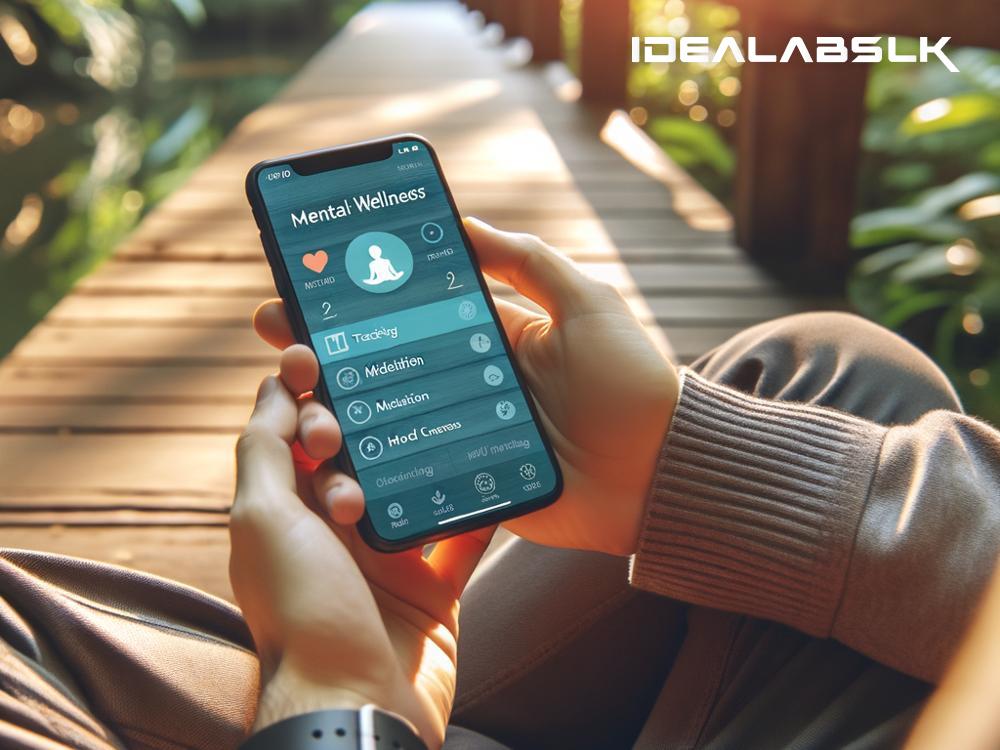How Mobile Apps Are Shining A Light On Mental Wellness
In our fast-paced world, where the hustle and bustle of daily life often leave us drained and stressed, mental wellness has become a paramount concern. Amid this scenario, an unlikely hero has emerged — mobile apps. Yes, those tiny icons on our smartphones are playing a crucial role in managing stress, anxiety, and depression, providing a beacon of hope and assistance to many. Let's dive into how these digital tools are helping us navigate the complexities of mental health.
A Pocket-Sized Therapist
Imagine having a therapist who's available 24/7, right in your pocket. That's essentially what mental wellness apps offer. They provide a range of resources from guided meditation and sleep stories to breathing exercises, all designed to help alleviate stress and improve mental health. Apps like Calm and Headspace, for example, offer guided meditation sessions that can help users find a moment of peace amidst the chaos of daily life, teaching them mindfulness skills that are beneficial in managing anxiety and stress levels.
Learning and Understanding
Knowledge is power, and this holds especially true for managing mental health conditions. Mobile apps offer a plethora of information, tips, and articles on understanding and dealing with stress, anxiety, and depression. This not only helps in self-diagnosis to some extent but also empowers individuals to take actionable steps toward improving their mental wellness. By demystifying mental health issues, these apps encourage people to seek help and foster a more positive attitude towards mental health.
Tracking Your Progress
One of the most significant advantages of using mobile apps for mental wellness is the ability to track your progress. Many apps include features that allow users to record their mood, anxiety levels, and overall emotional state over time. This not only provides valuable insights into patterns and triggers of stress and anxiety but also motivates individuals to keep making progress. Seeing tangible improvements over time can be incredibly encouraging and reaffirming.
Creating a Safe Space
For many, talking about mental health issues is still a taboo, making it challenging to reach out for help. Mobile apps offer a discrete and safe environment for individuals to explore their feelings and concerns without fear of judgment. Whether it's through interactive games designed to elevate mood or forums where users can share their experiences and support each other, these apps create a sense of community and belonging, reminding users that they are not alone.
Tailored to Your Needs
The beauty of mobile apps is their ability to cater to the unique needs of each individual. Whether you're a beginner to meditation or someone struggling with severe anxiety, there's an app tailored to your specific requirements. Furthermore, many apps offer personalized recommendations based on the user’s behavior and preferences, ensuring that the support provided is as effective as possible.
Beyond Conventional Therapy
While traditional therapy is irreplaceable, it's not always accessible or affordable for everyone. Mobile apps bridge this gap by providing helpful tools and resources that can either complement ongoing therapy or serve as a standalone support system for those unable to seek professional help. It's a step towards democratizing mental health care, making it more accessible to people across different socio-economic backgrounds.
The Road Ahead
The journey towards mental wellness is a personal one, and mobile apps are proving to be valuable companions along the way. By offering instant access to tools and resources, fostering a supportive community, and enabling users to track their progress, these apps are making a profound impact on how we manage stress, anxiety, and depression. However, it’s important to remember that while apps can provide significant support, they should not replace professional help in cases of severe mental health issues.
The rise of mental wellness apps is a testament to how technology, when harnessed correctly, can improve our lives. As we continue to break down the barriers surrounding mental health discussions, these digital tools will play an integral role in shaping a future where mental wellness is prioritized and accessible for all.

